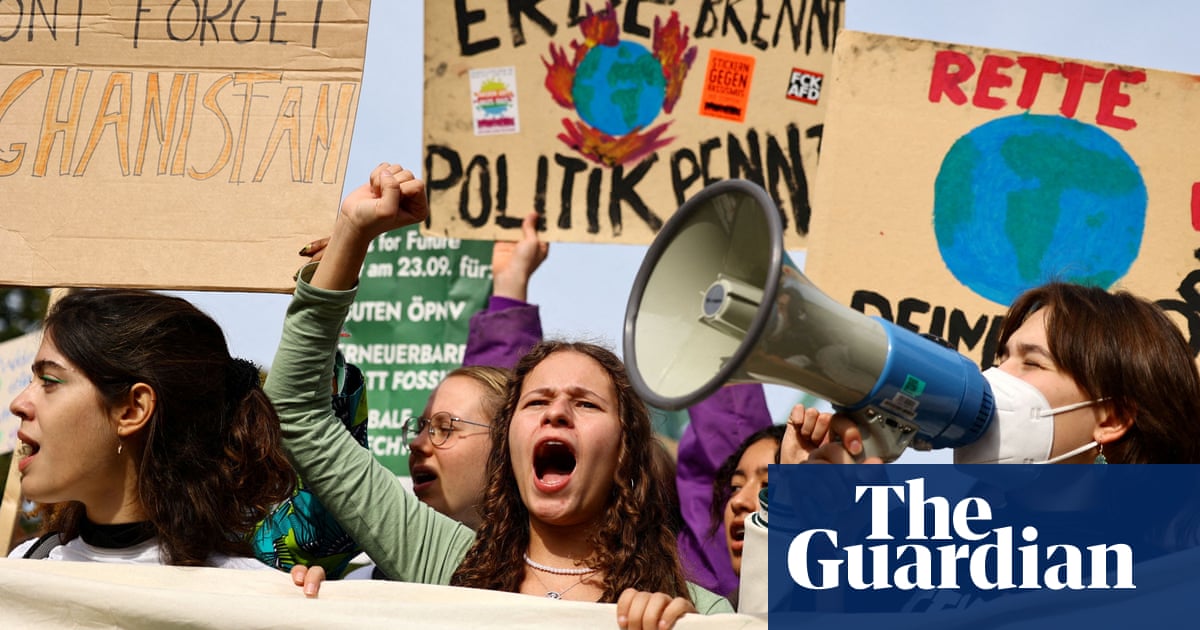JRP3
Hyperactive Member
Hopefully Tesla can get involved with solar, Megapacks, and maybe a local factory at some point.
The Green Dream to Rebuild a Sustainable Ukraine from the Rubble of War
The war’s widespread devastation provides an opportunity to rebuild the nation on more sustainable grounds. Plans are already circulating.www.politico.com






